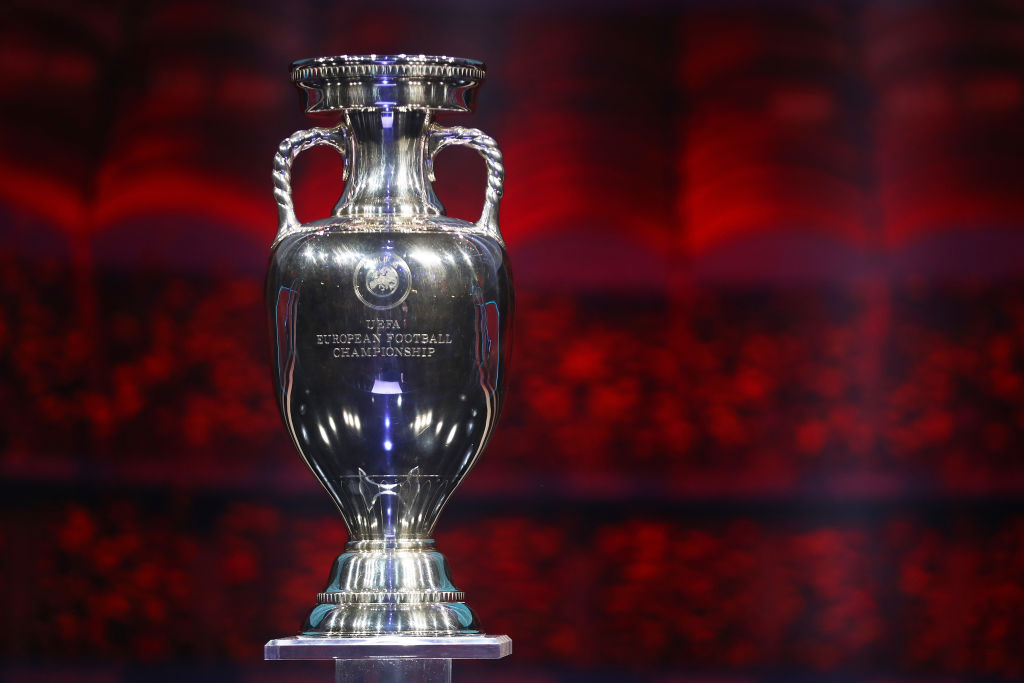2020 Vision: What to expect from sport this year, by industry insiders
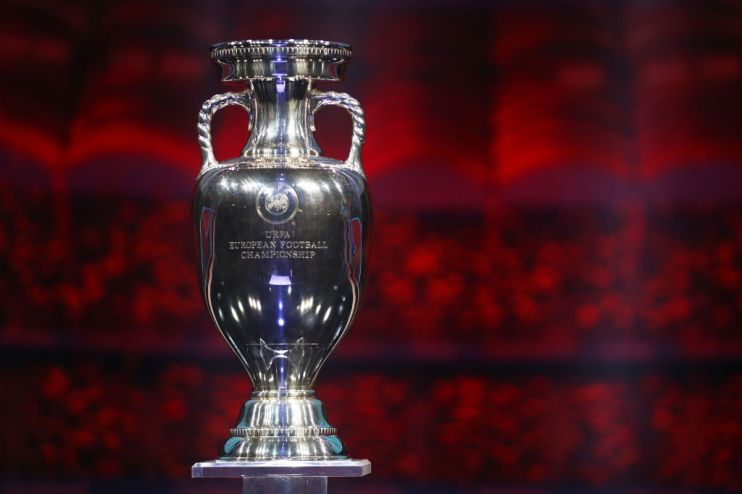
What will sport look like in 2020? We asked a host of industry experts for their predictions – and this is what they said.
Neil Hopkins, global head of strategy at M&C Saatchi Sport and Entertainment
Euros offer ticket to ride
Football fans used to tournaments taking place in one or, at most, two host countries are in for several changes this summer as Euro 2020 takes place in no fewer than 12 host cities from Dublin to Baku.
Fans will feel the impact of what could turn into a magical mystery tour of Europe as their team progresses, but it will also cause challenges to media and sponsors alike.
Marketing an association with a major tournament often entails drawing links with a well-known facet of the host nation and building a campaign around it.
Read more: The sportbiz review of 2019
For Euro 2020, the likes of Heineken and Coca-Cola will instead be attempting to engage with fans all over Europe, so it will be a fascinating experiment for other sports organisations thinking of following Uefa’s example.
At least the semi-finals and final are at Wembley, so there’s still the chance that it might be coming home.
Cricket 2.0
How do you attract a brand new audience to a sport? The England and Wales Cricket Board is about to find out whether its solution – to dramatically change the sport itself – is one that will set a trend for other governing bodies.
While the response to the launch of The Hundred among cricket fans has been lukewarm to say the least, the tournament will act as something of a canary in a coal mine for those sports grappling with the same challenges as the ECB – limited exposure on terrestrial TV, leading to issues engaging new audiences and limited commercial interest.
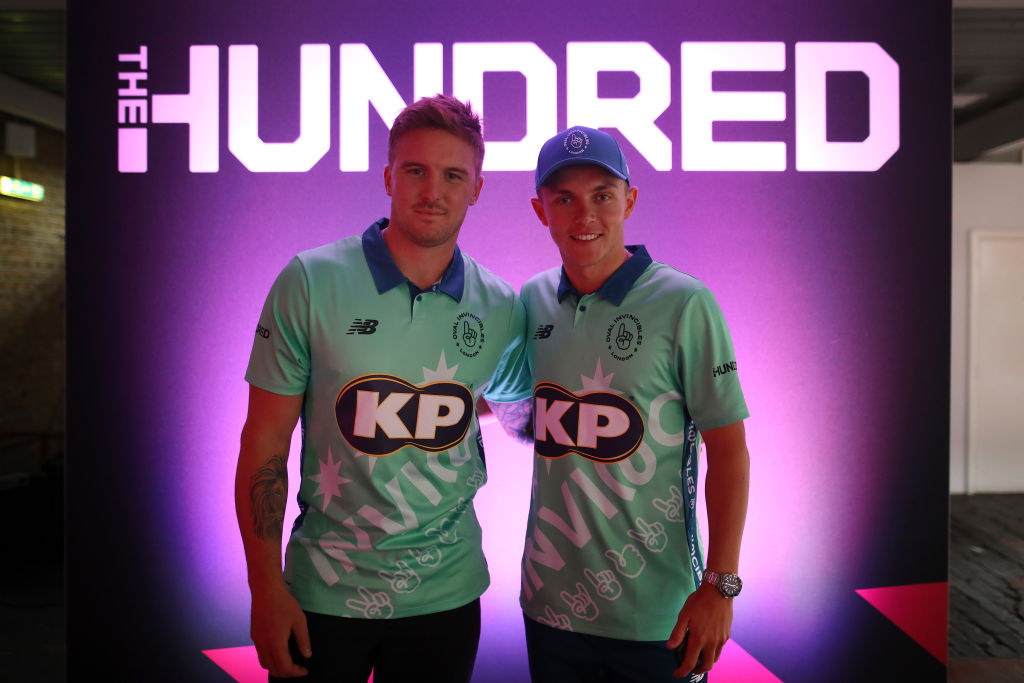
The Hundred is arguably the first cricket format designed specifically for TV so has the full support of both the BBC and Sky Sports.
It has also already attracted significant sponsorship from KP Snackfoods, so the only thing left to deliver are the sell-out crowds that the tournament’s star-studded city-based franchises are designed to attract.
Big in Japan
Any sense that World Rugby’s decision to award the Rugby World Cup hosting rights to Japan presented a risk was effectively extinguished with the best part of 1m tickets being sold for a tournament that is widely held to have been one of the most successful yet.
And this was only the first stage of a global sporting double-bill for a nation that in 2020 will host its first summer Olympic and Paralympic Games since 1964.
As a consequence, some of the world’s biggest brands will be looking east for inspiration and we’ve already had a taste of it from the likes of O2, with its Samurai-inspired ‘Wear the Rose, Be Their Armour’ campaign that helped propel England to a runners-up spot.
The huge marketing budgets of the global Olympic partners will be elevating Japanese in the global consciousness for months leading up to the games, ensuring that 2020 will be the year of the Rising Sun.
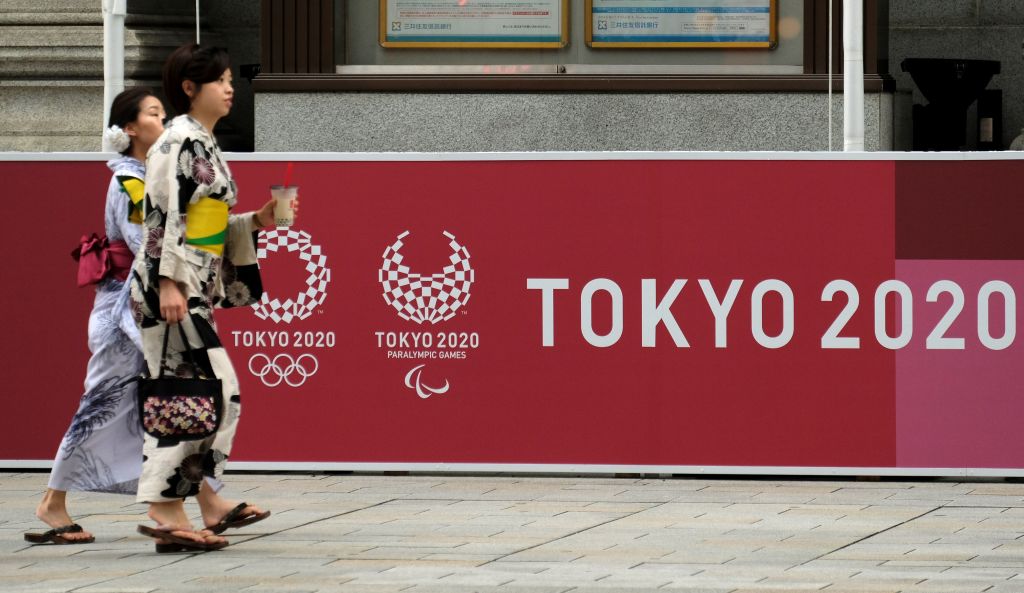
Izzy Wray, consultant in Deloitte’s Sport Business Group
Women’s football boom to continue
Following the successful 2019 World Cup many female footballers have become household names. Using stars such as Megan Rapinoe to engage fans through social media, as well as other tools such as playing occasional club matches at larger men’s stadia, provides a platform to build further interest in the women’s game.
Big name sponsors and broadcasters have thrown their weight behind it and we expect this to create a domino effect.
Since the World Cup, we have seen a surge of interest in acquiring the rights to women’s football. The BBC has bought the women’s Euros in 2021 for a reported £9m, up from less than £1m in 2017. The 2020 Olympics in Tokyo will provide another boost to interest in this area and female athletes more widely.
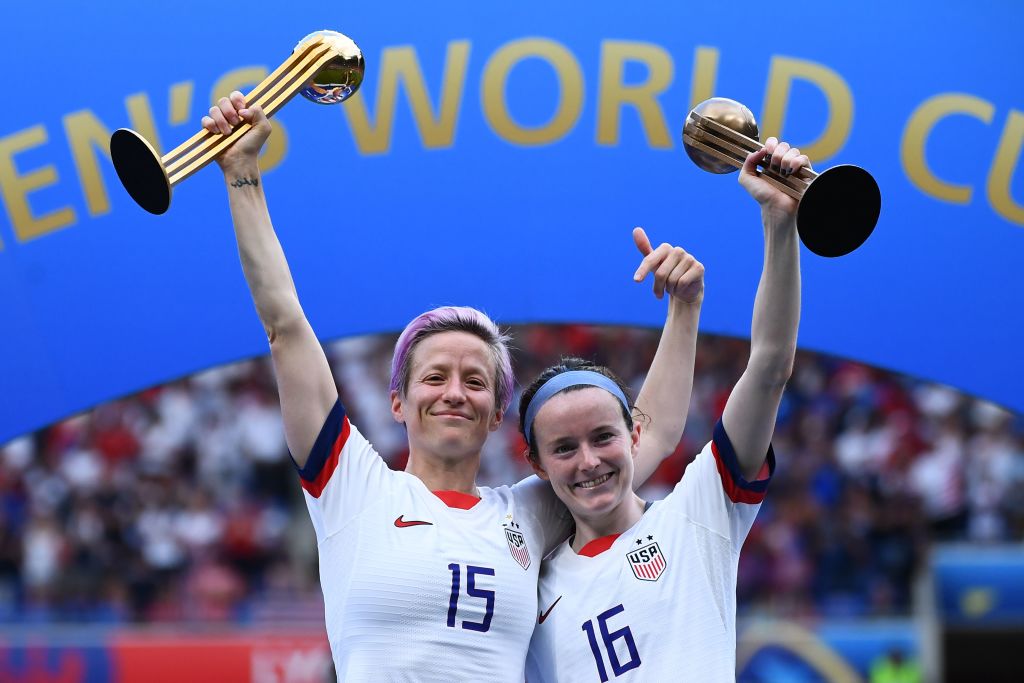
Direct to consumer content will proliferate
It is not just global technology giants such as Amazon challenging the sports media rights market; sports leagues are increasingly experimenting with direct-to-consumer products, bypassing traditional TV outlets to launch their own platforms.
For example, UFC Fight Pass is a subscription streaming service showcasing mixed martial arts, kickboxing and boxing, and we have already seen multiple sports launching their own services. In 2020, I’d expect to see even more to do so.
Simon Leaf, Sports Lawyer, Mishcon de Reya
The right image?
Agents have attracted greater scrutiny from HMRC in their handling of their players’ image rights and this is set to continue in 2020.
In short, a number of players set up complex legal structures involving image rights – often with a view to diverting a portion of their salaries through these companies for tax planning purposes.
The arrangements have also been beneficial to their employers as they can prevent a player from working with competitors of club sponsors and allow the club to save on National Insurance contributions.
HMRC has already brought in £332m in extra tax by tackling non-compliance in the football industry and recently issued guidance on the issue, effectively warning that any arrangements must be justified.
Alongside this, we are likely to see stricter rules on intermediary payments in football, with a cap on the amount that agents can charge in a negotiation, and potentially even the end of dual representation, in which agents effectively act for both club and player in a deal.
Have we gone OTT?
Last year saw over the top (OTT) services – live streaming to you and me – take centre stage in the battle for sporting rights and a number of important legal issues have surfaced.
These include ensuring existing contracts permit the opening up of these new distribution channels, considering who controls any personal data generated from these activities and what can be lawfully done with such personal data in light of strict legislation.
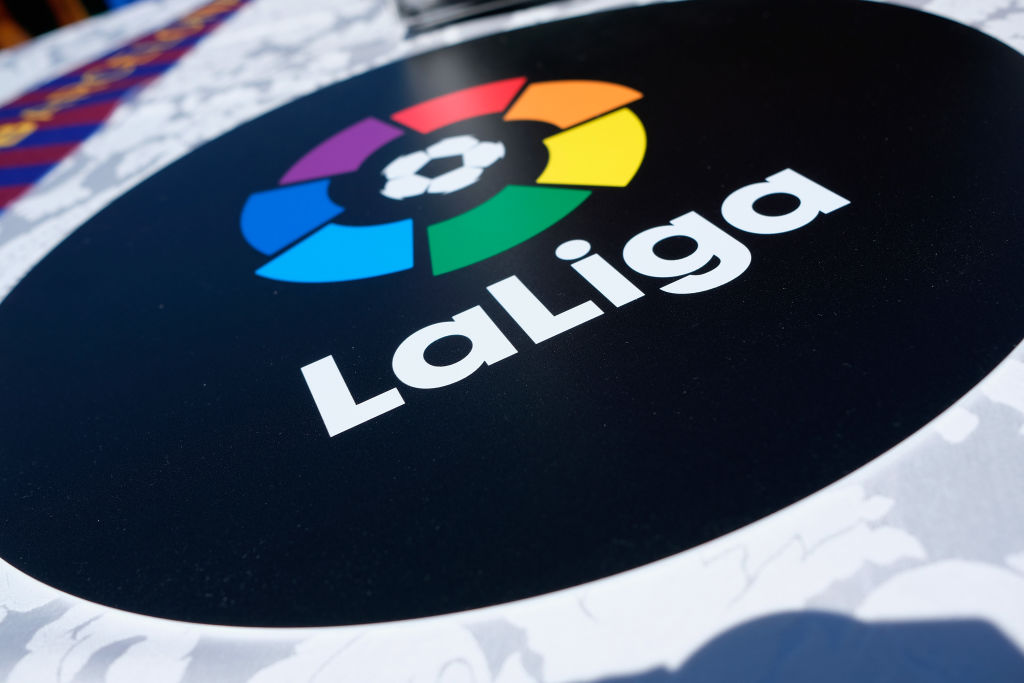
Consumer law issues have also arisen when some OTT services have failed to live up to expectations.
We have seen disappointed fans being unable to properly view major live sporting content for a variety of reasons, leading to a backlash against major OTT suppliers, and fans relying on consumer law to obtain refunds.
In other instances, demand has simply not been there – as evidenced by the termination of LaLiga’s contract with Eleven Sports.
Either way, 2020 is likely to see further competition in the market with a number of OTT providers bidding up the price for premium sports content.
GDPR and Brexit
No review of legal issues in 2019/20 would be complete without considering data protection and Brexit.
Sports businesses, like all others, have had to be mindful of strict data protection laws, in particular when it comes to their marketing activities.
Uncertainty around Brexit and particularly new immigration arrangements for European athletes working in the UK has also been unhelpful to businesses which rely on attracting talent from the continent.
My prediction for 2020 is that athletes may increasingly use their data protection rights to protect their position. Gareth Bale, for instance, used such laws to prevent Real Madrid from publishing his medical records after a recent injury.
Other potential avenues exist – particularly in sports where those in power seek to monetise athletes’ personal data or use it in ways that may not be in an athlete’s interest.
It’s important, then, to consider what can and can’t be done legally in all data-related activities – particularly when it comes to the growing e-sports market, which is dominated by minors, who have additional legal rights.
Matthew Fletcher-Jones, Director of Communications, Engine Sport
Hundred reasons
You might think 2020 would be the calm after the storm for English cricket, but you’d be wrong. The Hundred is coming. You could listen to the naysayers or see it as an innovative entertainment property designed to open doors to old and new audiences.
Eight new teams pooling the world’s greatest players with men’s and women’s tournaments screened live on terrestrial TV is something to get excited about. Give The Hundred a chance and you might quite like it.
Euro 2020
Arguably the biggest moment of 2020 will be football’s cross-continental European Championship, culminating in London for the semi-finals and final. ‘It’s Coming Home’ is guaranteed to be trending within seconds of the kick-off, but we don’t know if this will be the dawn or end of multi-nation hosts.
Sponsors may love the chance to target fans from St Petersburg to Dublin – or feel the costs are prohibitive and audience too far-flung. Not to mention the fans who simply won’t be able to travel across continents rather than within just one country.
Fifa, keen to expand the World Cup to even more teams post 2022, will be watching closely. This time next year we might well be getting behind a ‘UK and Ireland World Cup 2030’ campaign.
